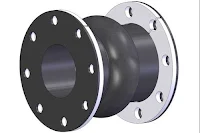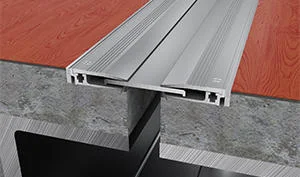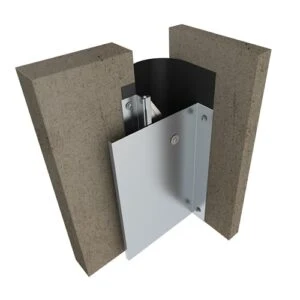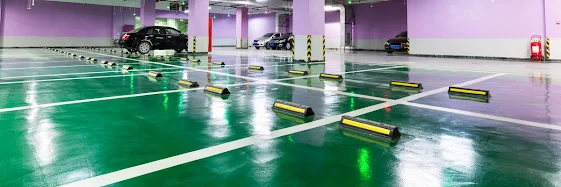Wednesday, 20 April 2022
Importance of Expansion Joints - Build Care Waterproofing Solutions
Sunday, 10 April 2022
Importance of Waterproofing Bathrooms -
Types of Waterproofing
Advantages of Waterproofing
- Waterproofing prevents water penetration on objects and surfaces and protects them from damage and corrosion.
- It is very easy to waterproof.
- A number of types of waterproofing are available nowadays.
- The maintenance cost of buildings can be reduced as it reduces damages.
- Also, the property value gets increased when the damage rate is low.
Disadvantages of Waterproofing
- Cementitious waterproofing cannot maintain cracks and causes leakages.
- Polyurethane protective coating does not last long.
- Polyurethane protective coating slows down the natural breathing capacity of concrete.
- Bitumen products also do not long last.
- Bitumen products are black in color and hence absorb heat rather than reflect it. This makes buildings highly heated.
- It is difficult to detect leakages in bitumen waterproofed surfaces.
Wednesday, 2 March 2022
Epoxy Floor Coatings Merits - Build Care Waterproofing Solutions
Why should you cover Floors with Epoxy ?
Epoxy floor coatings have been found useful in many areas due to its being cost effective. But what makes it appealing? We all know how common concrete floors are in many industries. They are not very bad to look at, and also extremely durable. However, years and years of regular traffic take its toll on them quite a bit. Epoxy floor coatings is made up of epoxide resin, poly amine hardener when not used as a floor coating it is often used as adhesive. A chemical reaction occurs that gives your floor distinct properties This reaction produces new stability and endurance in the surface by sealing the surface. The firm bond also curves the the floor of the building.
Durable and Chemical resistant
It is resistant to impacts and heavy crashes, making your floors last much longer than they normally would. Epoxy floors are also resistant to spills, chemicals, and other wear that might happen over time.
Aesthetic AppealBy providing a brand new shiny appearance this type of floor covering is an attractive option for many buildings. It hides previous defects your floor may have sustained.
Epoxy coatings on Concrete floors
Normal concrete flooring is susceptible to chemicals and other fluids that could damage it. We know concrete due to its porous structure absorbs most of the liquid that pass over it. By applying the epoxy paint the surface is made smooth. This makes cleaning up these spills and messes much easier than on regular concrete. Most importantly it creates a smoother surface, mopping and sweeping are easier to do and it can even make your site much safer.
Inherent Benefits of using Epoxy Emulsions
.
The main concern for most people with Epoxy floor is that it might be toxic. But the contents of the material are no different from what is inside normal paint.
To know more about benefits and our range please look at of Epoxy coatings from BuildCare Waterproofing Solutions:Epoxy Floor Coating Merits.
Tuesday, 18 January 2022
Waterproofing Method System and Build Care Waterproofing Solution
Basement Waterproofing Method and System
Basement waterproofing method involves techniques and process restrict the water from penetrating into the basement of building. Basement Waterproofing methods to waterproofing a basement below the ground level needs sealant material, drain, pump, etc. Because the basement surface generally tends to wet always. Water in the soil exerts pressure on the underneath basement floor and walls. This pressure causes cracks and water to enter inside through these crack. This result in structural damage and the development of decay and other moisture related problems. Company is are now focusing on innovative systems to cater to the growing demand for demand for basement waterproofing and different type of basement Waterproofing Method.
Different types of waterproofing
1- Interior Sealants
2- Interior water drainage
3- Exterior basement waterproofing
4- Interior basement waterproofing
5- Foundation crack injection













